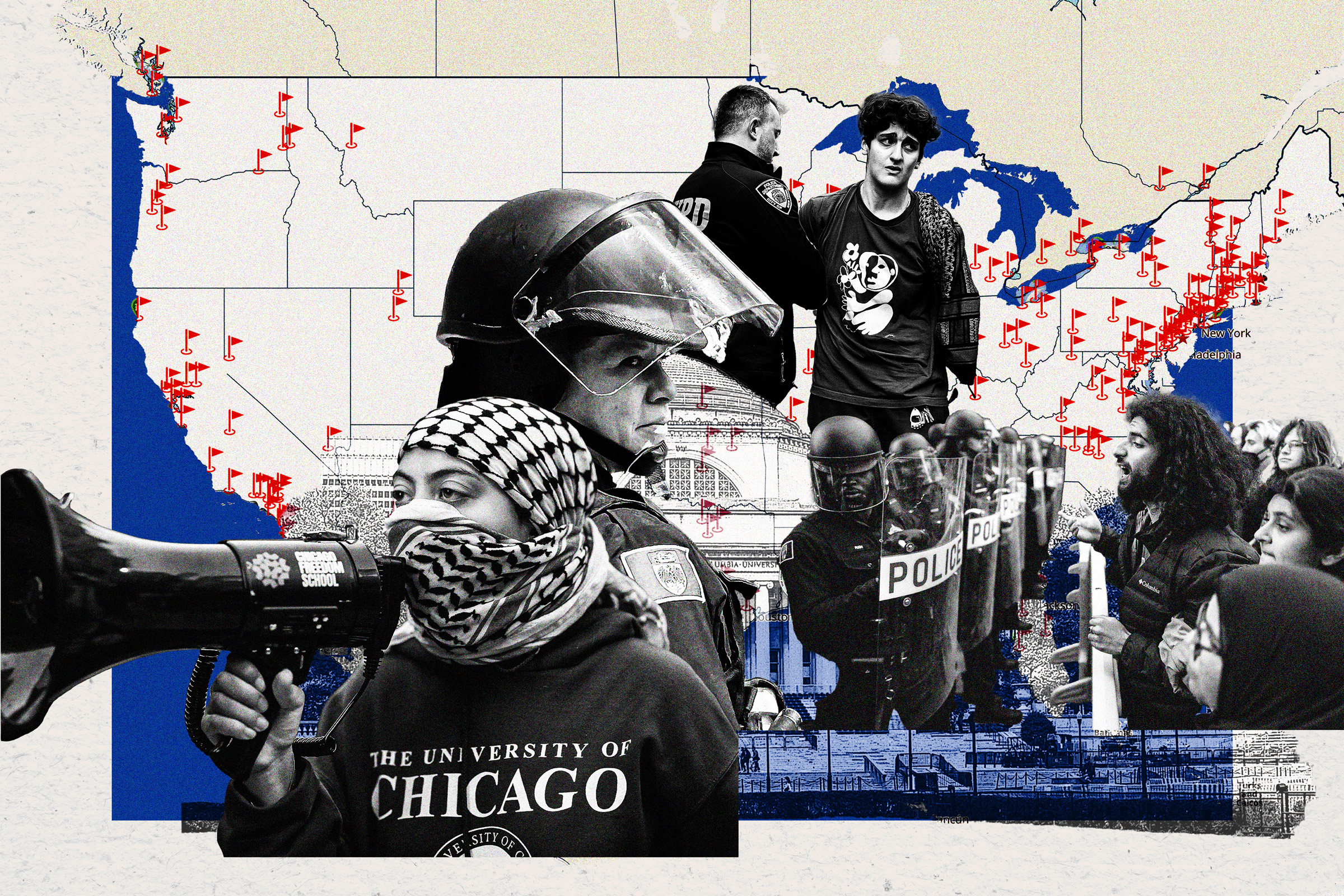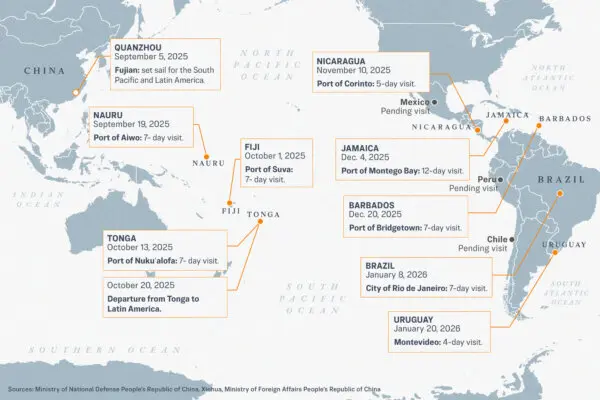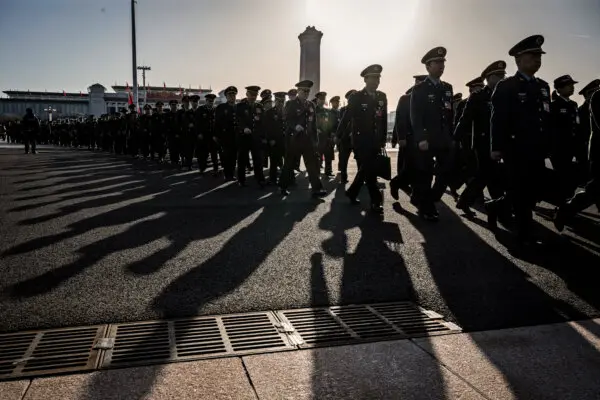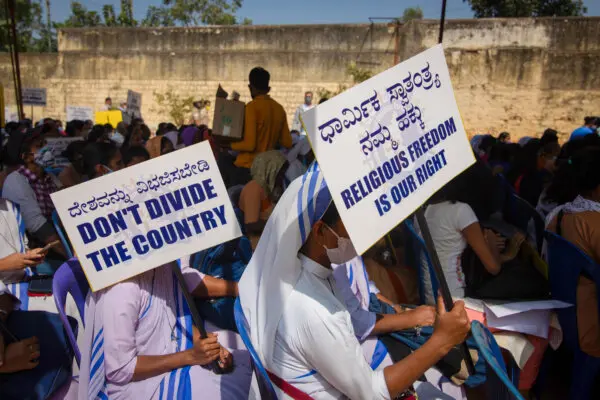WASHINGTON—Some Democrats are concerned that the ongoing college protests may jeopardize President Joe Biden’s chances of winning a second term. And there is an ongoing division within the Democratic Party over how to handle these demonstrations.
Some want President Biden to take a harder line to quell the protests and combat anti-Semitism on college campuses, fearing that failure to do so could bolster former President Donald Trump’s electoral standing. Some progressives, on the other hand, are urging the president to defend students’ freedom to protest against Israel and demand a cease-fire. Some have even expressed concerns that the turmoil of the Vietnam War era may flare up again.










